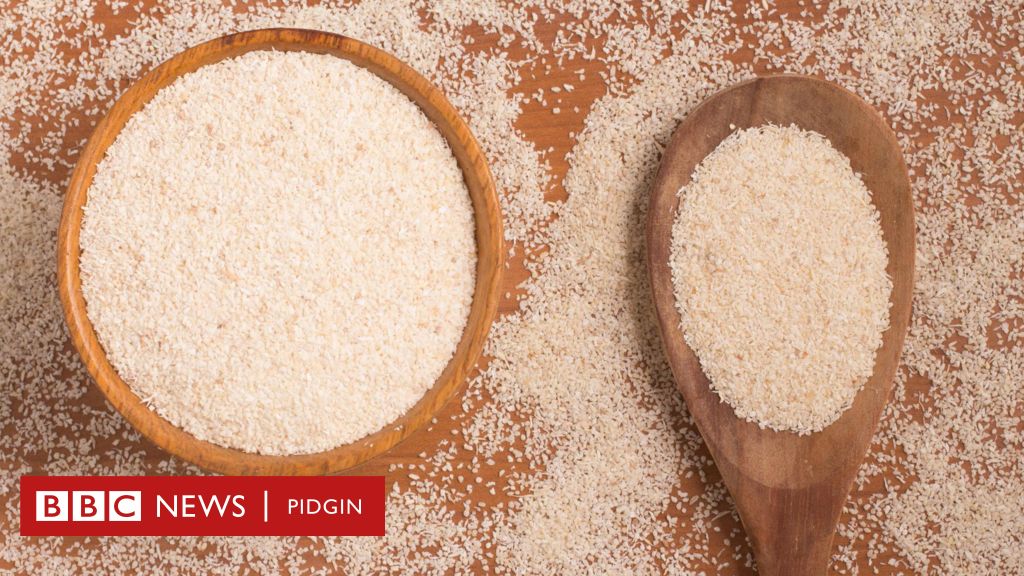Garri: The Nigerian Staple - Health Benefits & Potential Risks of Excessive Consumption
2025-05-25

BBC
Garri, a beloved staple in Nigerian cuisine, is made from cassava and offers several health benefits. However, like all foods, moderation is key. This article explores the nutritional advantages of garri, highlights its limitations, and discusses the potential health risks associated with consuming too much.
What is Garri?
Garri is produced from cassava tubers, which are peeled, grated, and fermented before being dried and granulated. This process not only preserves the cassava but also creates a unique, slightly sour flavour that many find appealing. It's incredibly versatile, enjoyed as ‘eba’ (a dough-like accompaniment to soups and stews), soaked in water as ‘soakings,’ or even fried.
The Health Benefits of Garri
Despite its sometimes-negative reputation, garri boasts several nutritional benefits:
- Good Source of Carbohydrates: Garri is primarily a source of carbohydrates, providing energy for daily activities.
- Contains Resistant Starch: This type of starch isn't fully digested in the small intestine, reaching the large intestine where it acts as a prebiotic, feeding beneficial gut bacteria. This can improve digestive health and potentially lower the risk of colon cancer.
- May Help Regulate Blood Sugar: Resistant starch can also help slow down the absorption of glucose, potentially aiding in blood sugar control, particularly beneficial for individuals with diabetes or at risk of developing it.
- Source of Fibre: Garri provides dietary fibre, which promotes regularity and contributes to feelings of fullness, aiding in weight management.
- Contains Antioxidants: Cassava, and therefore garri, contains antioxidants that help protect the body from damage caused by free radicals.
The Limitations: Why Garri Shouldn't Be Your Only Food
The key limitation of garri lies in its nutritional profile. While it provides carbohydrates and some fibre, it's significantly lacking in essential nutrients:
- Low Protein Content: Garri is not a significant source of protein, which is crucial for building and repairing tissues, as well as supporting immune function.
- Deficient in Vitamins and Minerals: It’s low in vital vitamins and minerals like iron (essential for oxygen transport), zinc (important for immune function and wound healing), and calcium (vital for bone health).
The Risks of Excessive Garri Consumption
Relying solely on garri as a primary food source can lead to nutrient deficiencies and negatively impact health. Potential consequences include:
- Malnutrition: A lack of essential nutrients can lead to malnutrition, impacting growth, development, and overall health.
- Weakened Immune System: Deficiencies in zinc and other nutrients can compromise the immune system, increasing susceptibility to infections.
- Anaemia: Iron deficiency can lead to anaemia, characterised by fatigue and weakness.
- Bone Health Issues: Insufficient calcium intake can weaken bones and increase the risk of osteoporosis.
The Takeaway: Enjoy Garri in Moderation
Garri can be a nutritious and enjoyable part of a balanced diet. However, it's crucial to consume it in moderation and ensure you’re getting a wide range of nutrients from other food sources. Combining garri with protein-rich foods like beans, eggs, or meat, and incorporating fruits and vegetables into your diet, will help you reap the benefits of this popular Nigerian staple without compromising your health.






